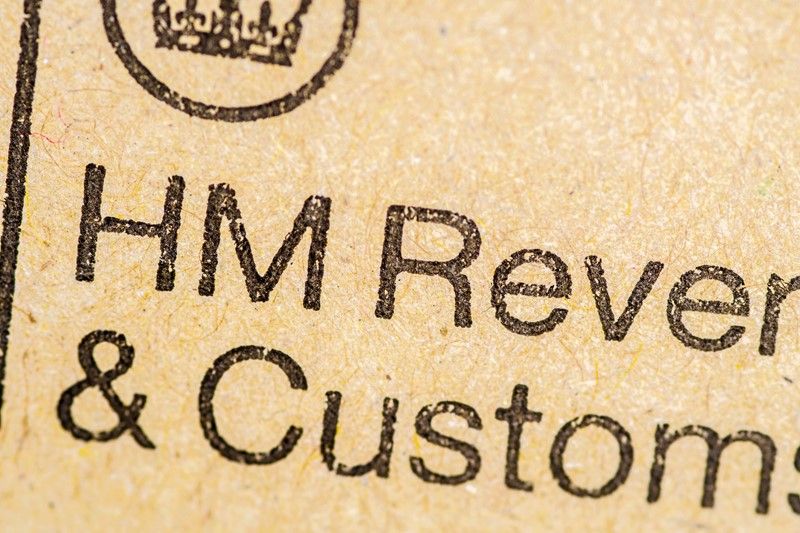The impact of frozen personal allowances
The impact of frozen personal allowances often leads to fiscal drag, a situation where individuals pay more tax as their earnings rise without a corresponding increase in allowances.
This occurs because tax thresholds remain fixed while wages increase, thus pushing more people into higher tax brackets or causing them to pay tax for the first time. Since April 2022, a number of key tax thresholds, including personal allowances, have been frozen and will remain so until at least the 2028-29 tax year.
Fiscal drag is largely driven by inflation, wage growth and the government's decision to keep tax thresholds unchanged. As inflation erodes the value of money, wages rise nominally, but without a rise in allowances, taxpayers are increasingly “dragged” into higher tax bands. This increases tax revenue for the government without changing tax rates, which is why HM Treasury often uses frozen thresholds as a means to boost tax receipts.
Adjusting tax thresholds to align with inflation or another index is referred to as "indexation." The government’s approach to increasing certain thresholds each year based on inflation is called "uprating." However, this policy is not consistently applied. When thresholds are frozen, tax revenues increase for HM Treasury without the need for any adjustments in tax rates. According to the latest estimate from the Office for Budget Responsibility (OBR), the freeze on Income Tax thresholds is projected to generate an additional £38 billion annually by 2029-30.




